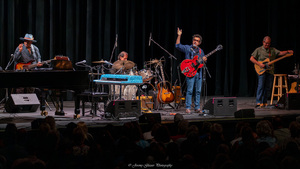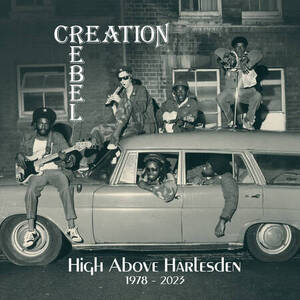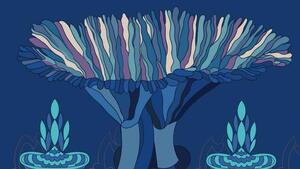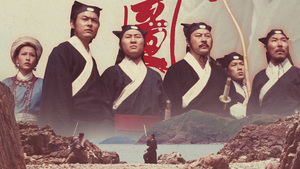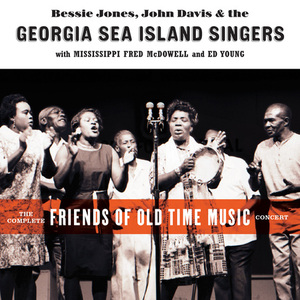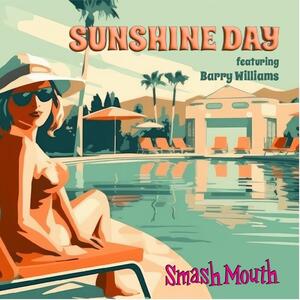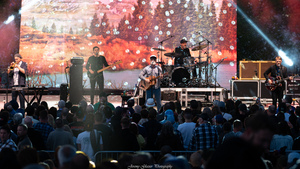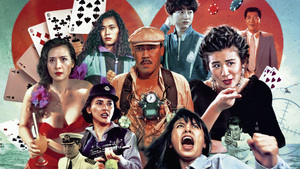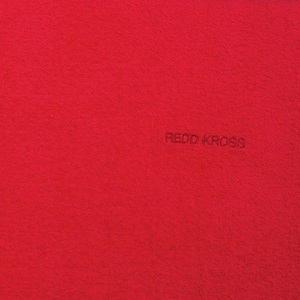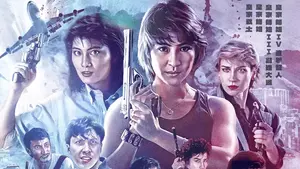An Interview with Paddy Moloney of
The Chieftains
Carl F Gauze
The Chieftains are currently touring the country playing traditional Irish music, along with the Tuvan band Yat Kha. I caught up with Chieftains leader Paddy Moloney after the Jacksonville show on March 4th.
••
How’s the tour going? Any horror stories to report so far?
Well, we’re having a great time, that’s what really matters. I was a little worried at the beginning, back in January. We’re turning over a completely new program, with material from our new CD, Water From the Well . You never know how it will be received for the first time on stage.
“chieftans-color”
I started the tour with a terrible [case] of the flu, then two days into the thing someone bumped into us from behind and I got whiplash, and then Jerry lost his passport. All that happened in 3 days. Now everything is going fine, and we’re having a ball on stage. We have a special guest, a group from Mongolia, called the Tuvan Throat Singers. We were introduced to them at Frank Zappa’s house when we did a recording a long time ago. We used to be up there quite a lot, and did a lot of recordings with him. This was about 2 years before he died.
I was amazed by the Tuvan singers. One of them didn’t make it over here. It’s a two day trip from Tuva, and one of them got stuck in the snow and never made it out. We do have three of them with us, however. I’ve put them at the end, as a little surprise. We have quite a long show, with a lot of stuff going on, and they always go down a great storm.
We also have a great fiddle player Mairin Fahey, who works with Riverdance . She has her own band, and is a great dancer and fiddle player.
You play the Uileann pipes, which is a sort of bagpipe. How does it differ from the Scots bag pipe?
Well, it is a sort of bagpipe, but it originated in Ireland in the 17th or 18th century. It’s a fully chromatic instrument with 2 octaves, whereas the bagpipe only has 9 notes. It’s played sitting down, and it’s quite a mellow instrument. You’ll hear them on film scores these days. I’ve been using them on film scores since 1978.
How hard is it to score a film compared to what you normally do?
“chieftans-bw”
I look on it all as a challenge, and scoring is no exception. If you saw the Letterman show the other night, Angelica Houston was introducing a film called Agnes Brown , which I’ve written the score for. It was quite an interesting one, as it left me quite a lot of scope. It had plenty of opportunity, such as using Tom Jones for 3 songs, apart from writing music for harp and guitar, whistle and orchestra and harp.
Could you tell me the difference between a reel, a jig, and a fling?
Well, you hear them all in the show. The reel has a 4/4 rhythm, it’s fast moving. A lot of the dances you saw were in reel time. A jig is usually the double jig. There are 4 kinds: a double jig, which is 6/8 time; a slip jig, which is 9/8 time; a single jig is 12/8 time, and a hop jig is sort of jig with a different emphasis. A fling has a different sort of feel, although it might be written in jig time, it’s played differently, like singing a song fast.
Was all this sort of music around you as you grew up, or had the 20th century started to push it away?
Well, I grew up in that environment of music and song and dance. Dancing was the main source of entertainment, particularly in my grandmother’s house in the Midlands. That was up in the mountains, with no such thing as electricity or running water, or anything in this little farm house. We’d be up there for 3 months out of the year. Every evening neighbors would come and call. For all my childhood, I was subject to that great musical source, it was my kingdom. My grandfather played the flute, there was accordion from the uncles, and my uncles played bagpipes as well. So all the time, it was music and music, at school and on weekends, and I just loved it.
When you started, did you set out to be famous, or did you just play because you enjoyed it, and it caught on?
There were different phases, different combinations, which you can hear on the albums. I always had a dream that this great folk art, Irish music, would be heard throughout the world.
In your concert, there was a lot of music that is now associated with “new age” or “space music.” Is that truly traditional, or has it evolved over the last few years?
It has evolved over the past few years. I’d hate to think I was on to the New Age movement in my music. We certainly don’t follow that sort of trend, and never have. There is this sort of feel people have for the word “Celtic,” with female voices up in the air, sort of soaring around. What you hear from us is the true sound of the years. We’re really “Old Age.” ◼


